T4K3.news
Export Deal Faces Constitutional Questions
A 15% revenue sharing plan on Chinese chip sales prompts constitutional and financial questions.
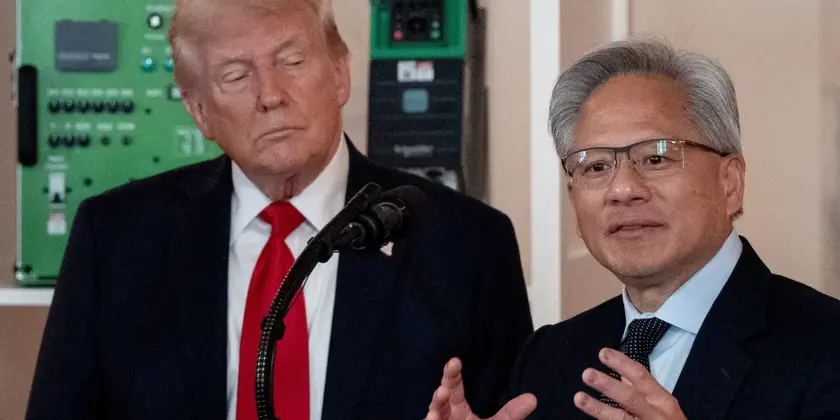
Fortune examines a 15 percent revenue sharing plan with Nvidia and AMD on China chip sales and the constitutional questions it raises.
Export Deal Tests Constitutional Bounds in US Chip Policy
Fortune reports that the United States is weighing a 15% revenue-sharing arrangement with Nvidia and AMD for chip sales to China. Treasury Secretary Scott Bessent called the move a beta test that could extend to other industries if successful. The policy arrives as tariffs provide revenue to counter the growth of the national debt, a trend noted by budget watchdogs. A central legal question is whether export taxes are compatible with the export clause of the Constitution, which bars taxes on goods exported from a state. Past Supreme Court cases in the 1990s, such as US v IBM and US v United States Shoe Corp, favored business in export-tax disputes, but those rulings date from decades ago and the current court could interpret executive power differently. As Beijing and Washington recalibrate export rules in a volatile policy environment, the future of this approach remains uncertain. Business leaders, investors, and policymakers will be watching legal challenges and practical effects on costs and competitiveness as the policy unfolds.
Key Takeaways
"No Tax or Duty shall be laid on Articles exported from any State"
Constitutional clause cited in debate on export taxes
"beta test"
Treasury official description of the policy
"we could see it in other industries over time"
Policy expansion hint
"Export powers are being tested in real time"
Editorial takeaway on policy risk
The proposal sits at a tricky crossroads of national security, fiscal policy, and constitutional limits. If challenged, the courts could redefine how far the executive branch can push export measures to influence markets. The potential spread to other industries would raise questions about predictability for business planning and the long-term role of export controls in government strategy. In a broader sense, the policy mirrors a larger trend where global tensions shape domestic policy tools, making legal clarity essential for firms navigating cross-border growth.
Highlights
- Export powers are being tested in real time
- beta test
- No Tax or Duty shall be laid on Articles exported from any State
- This is a test of executive reach not a tax plan
Constitutional and political risk in export deal
The plan hinges on a constitutional reading of the export clause and could face court challenges that alter or halt implementation. The policy may also spark political backlash and affect investor confidence if seen as overreach.
The coming months will reveal how far constitutional limits can bend under policy pressure.
Enjoyed this? Let your friends know!
Related News
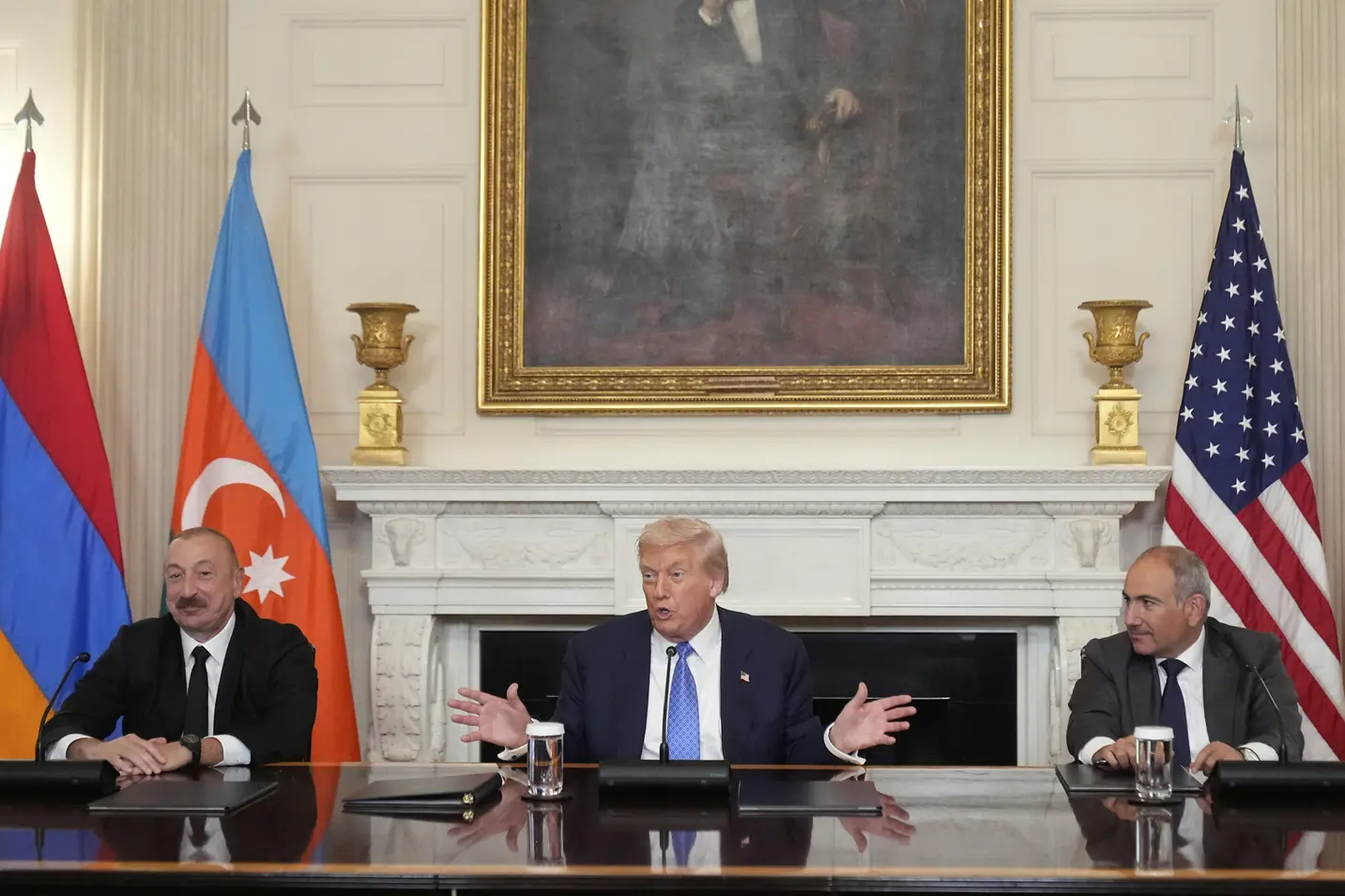
Iran threatens Trump corridor in peace deal

Nvidia and AMD face new export rules

US-EU trade deal faces backlash from European leaders
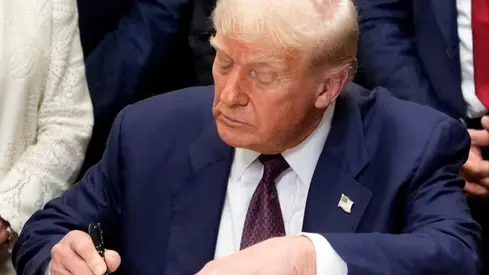
Trump announces new tariffs on global trading partners
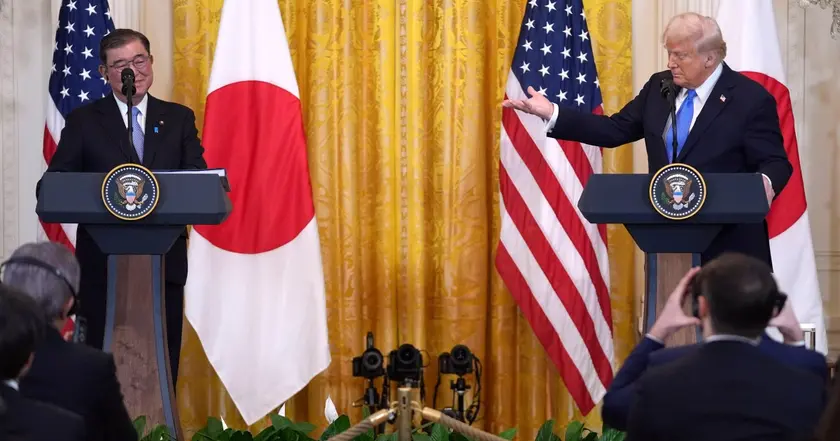
Trump announces trade deal with Japan

Trump vows to free Lai as Hong Kong court weighs his fate

Egypt Israel gas deal sparks online backlash
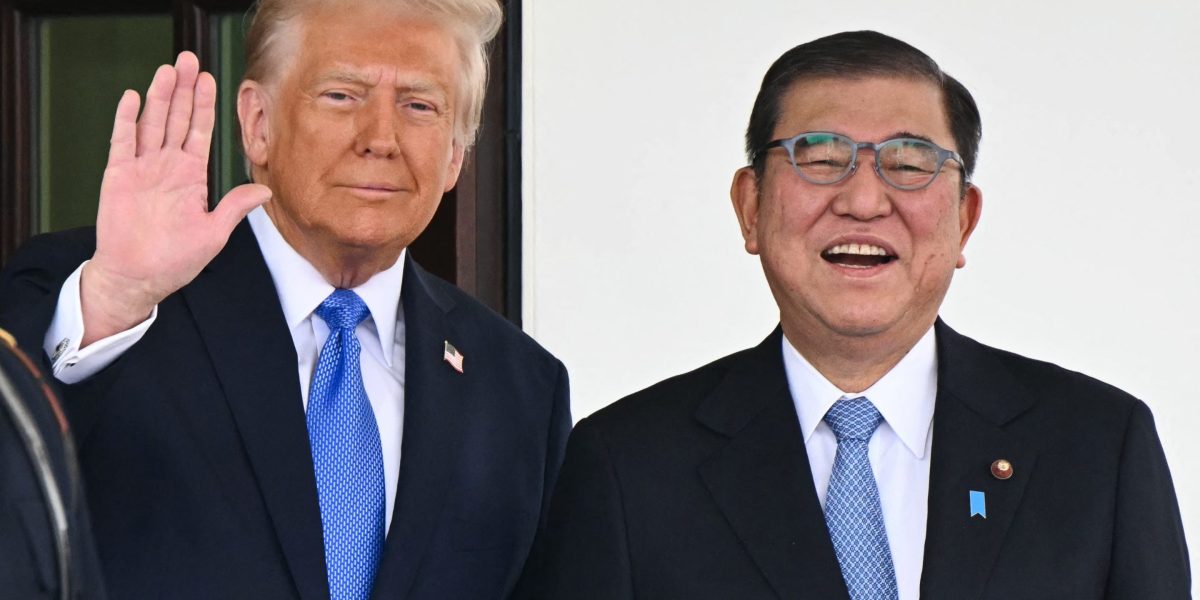
Japan commits $550 billion to U.S. industries
